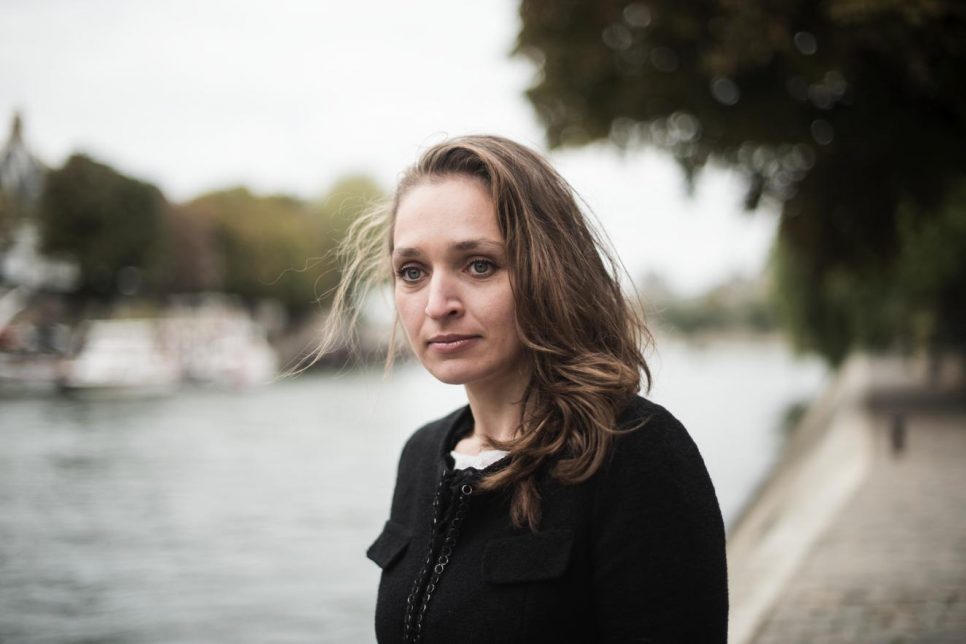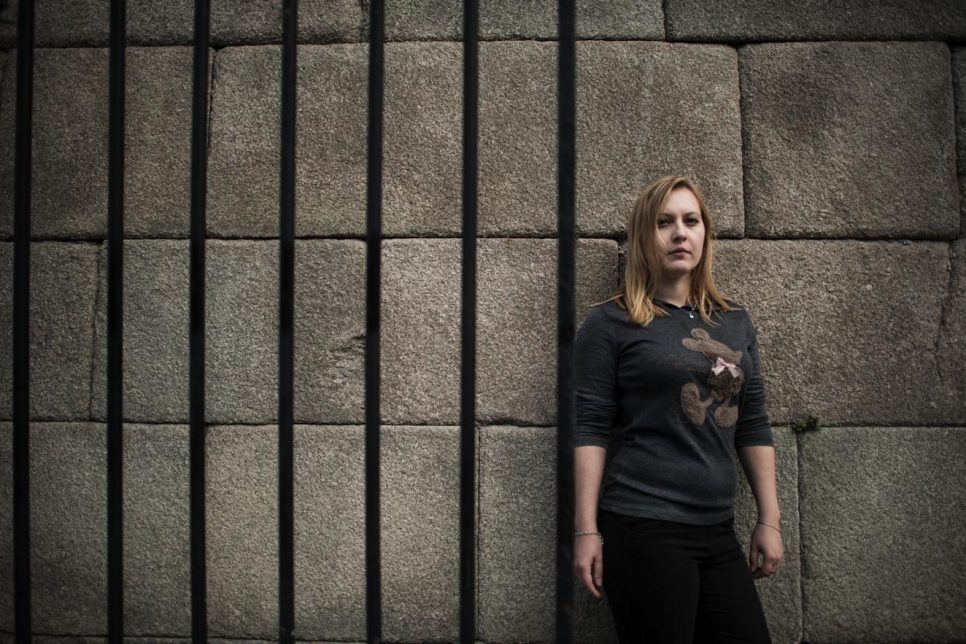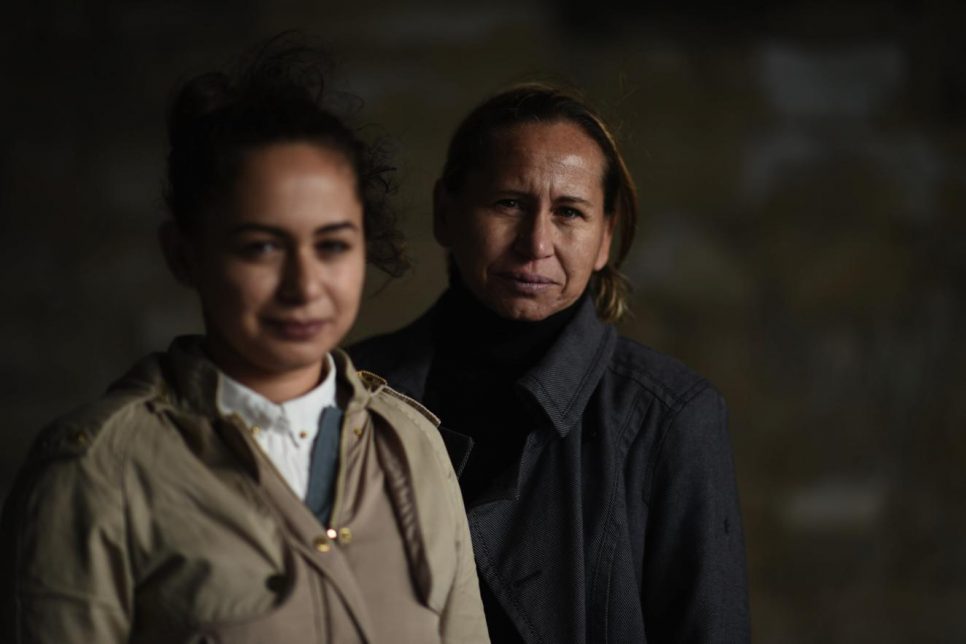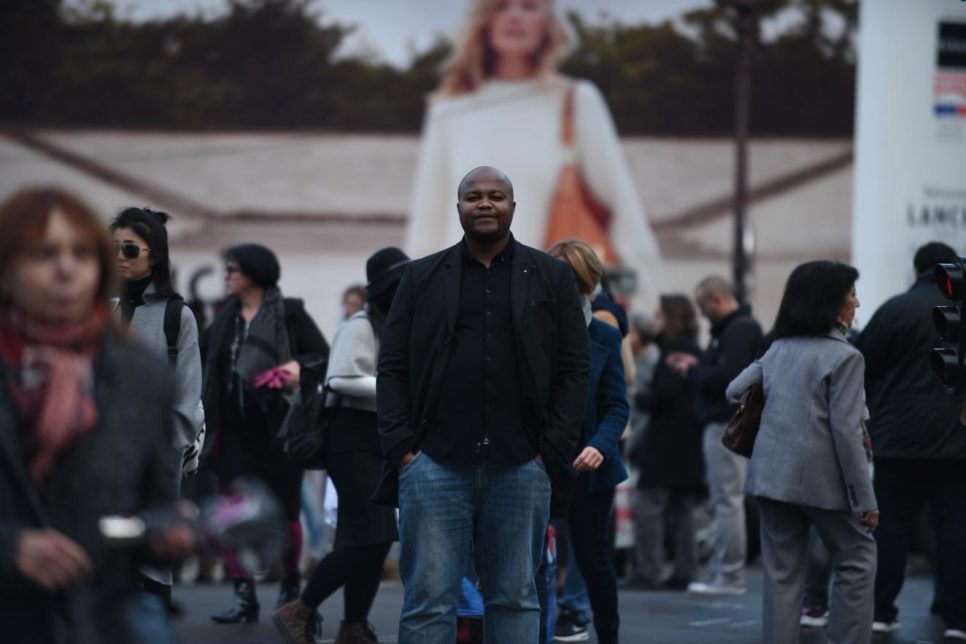Statelessness in France
A stateless person is ‘a person who is not considered as a national by any State under the operation of its law’. In more simple terms, someone who is stateless is someone who does not have the nationality of any country. This status has been created by the 1954 New York Convention which establishes the definition of a “stateless person” and describes the rights of stateless persons. France acceded to this Convention in 1960.
In order to be recognized as stateless in France, there is a dedicated procedure before the French Office for the Protection of Refugees and Stateless Persons (OFPRA). As of 31 December 2015, 1,326 stateless persons were living in France. For the year 2015, 281 persons lodged an application for statelessness status. When submitting a demand, they are classified according to the country where the person was born. In 2015, 24% of applications originated from persons born in ex-USSR, and 14% from Burma, etc[1]
Statelessness can be the consequence of different situations:
Conflict of different nationality laws,
Gaps in nationality laws, often based on discrimination
Lack of, or insufficiencies in, civil status registries in some countries
Transfer of territories
Denial or deprivation of nationality[2]
Their Stories
Anastasia Trevogin
“One day, I presented my stateless document to the bank (which states: “nationality: stateless-stateless”, they asked me “where is this country ‘Stateless’ located?”
PARIS, FRANCE – October 20. Anastasia was born in a plane en route from Russia to Uzbekistan in 1985 when both countries were still part of the Soviet Union. The only document her parents obtained for her after that was a birth certificate. After being stateless for 29 years, she finally acquired French citizenship two years ago.
____________________
Victoria*
If she were given the choice of a nationality, she would choose to be French she says.
PARIS, FRANCE – October 20. Victoria (*her alias name) was born in 1989 in Tikhoretsk, Russian Soviet Federative Socialist Republic, USSR where she stayed until 1991, which is when she and her family left for Kazakhstan. She has been stateless for all her life and is now studying law in Paris, hoping one day she will obtain a French nationality.
____________________
The Adzovic family
‘When I am here [in France], I feel at home. But French people see me as a foreigner. And if one day I go to my country of origin, they will see me as a tourist. But it is here that I feel at home, that I feel comfortable’.
PARIS, FRANCE – October 20. The Adzovic family is of Roma, Muslim, and Montenegrin origin. Discrimination was experienced by their family as far as their family’s history goes back. Silvana (the mother) became stateless in 2004 when the Montenegrin authorities told her she did not appear in their civil registry. When Emina, her daughter, was born, Silvana registered her on the passport she still owned at that time. However, when Emina wanted to get her own Yugoslav passport – before the dissolution of the country – she was told that she was not registered anywhere, just like her mother.
Read more about the Adzovic family
____________________
Yannick Vivet
“When you lose all your documents, it is as if life stops”.
PARIS, FRANCE – October 21. Yannick Vivet was born in Cameroon in 1979 and grew up there. His Belgian father passed him his Belgian citizenship. He moved to Paris in 2003 and have lived there ever since. He became stateless at the age of 32 because of an administrative error from the Belgian authorities.
____________________
Sign the open letter to become part of the global movement to end this injustices affecting stateless persons by 2024.
____________________
[1] Data available at: www.ofpra.gouv.fr
[2] Data available at: www.service-public.fr




